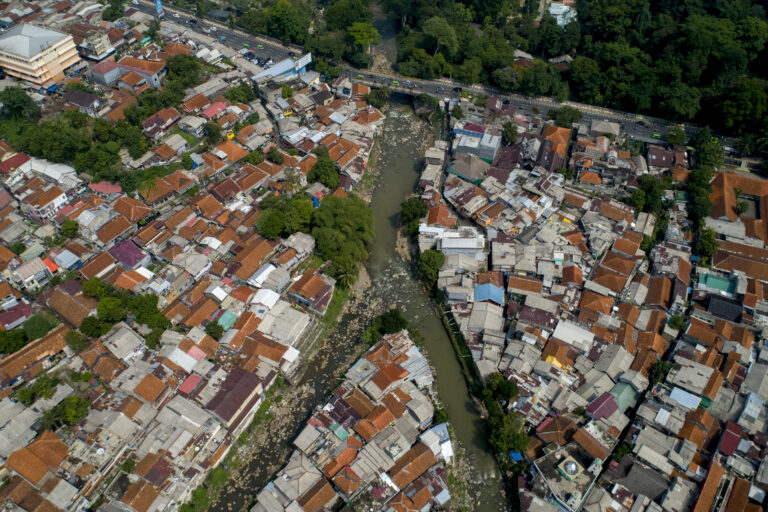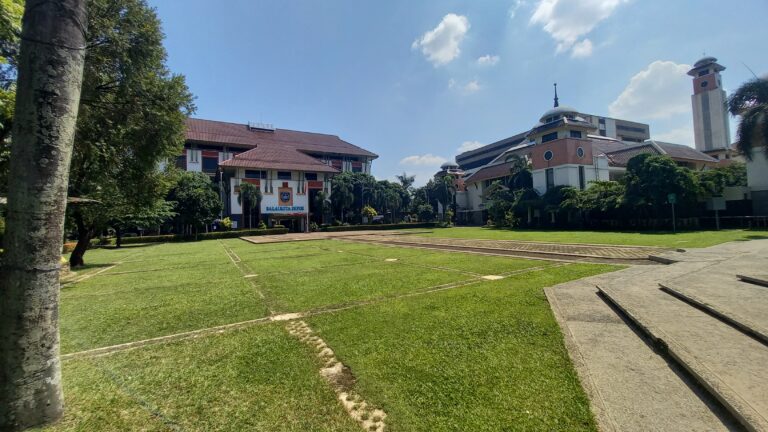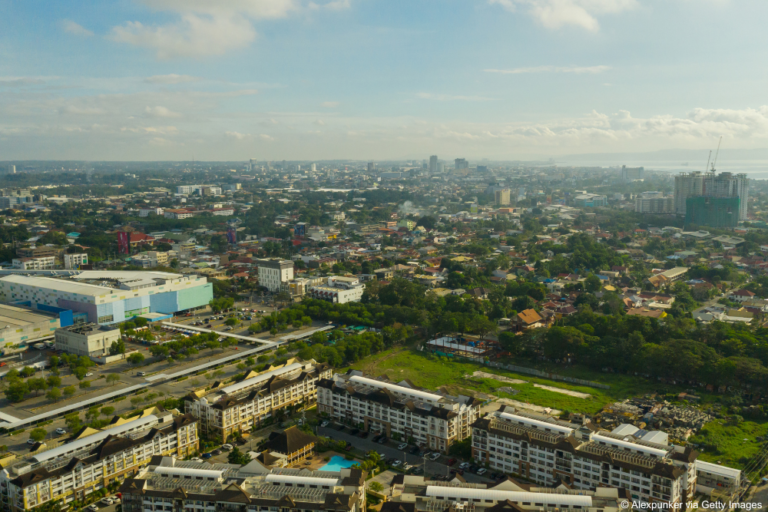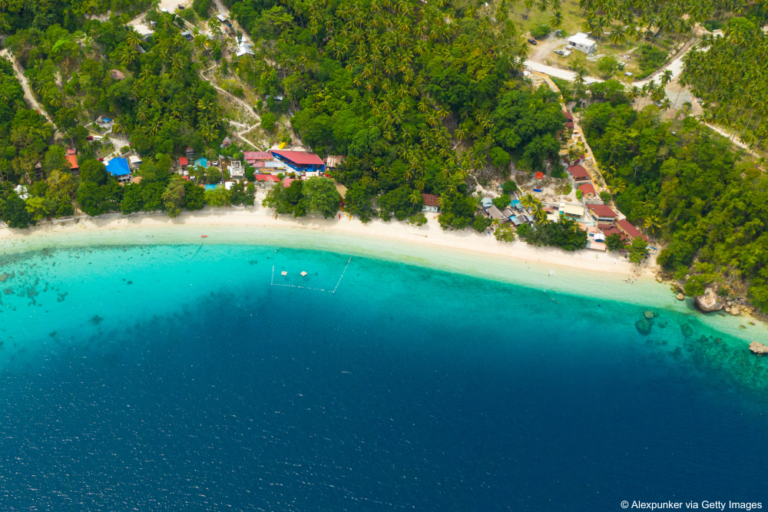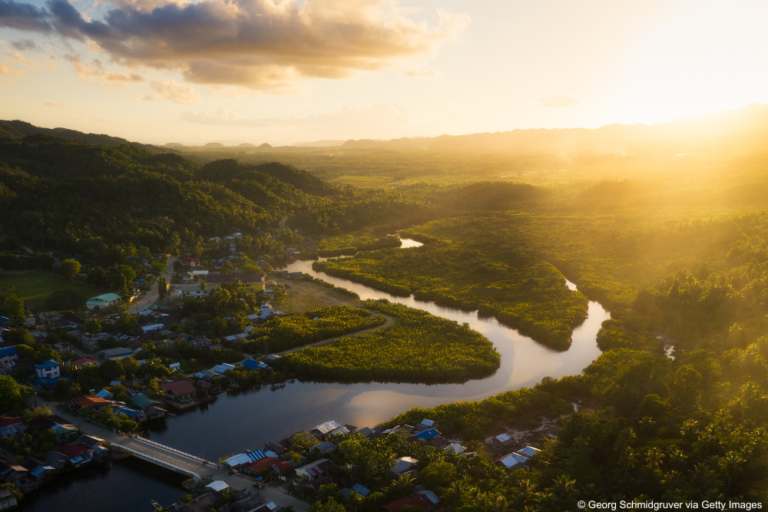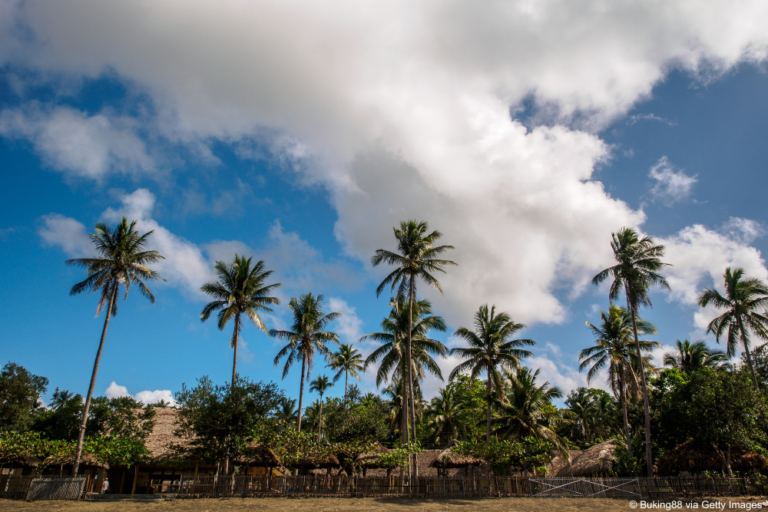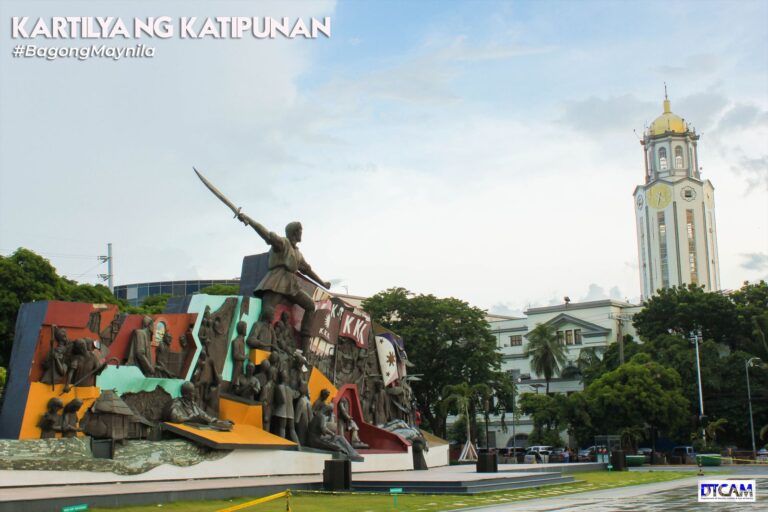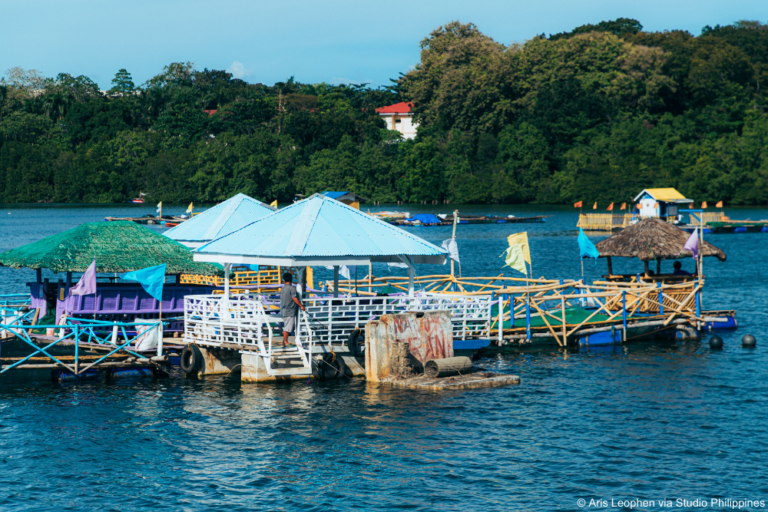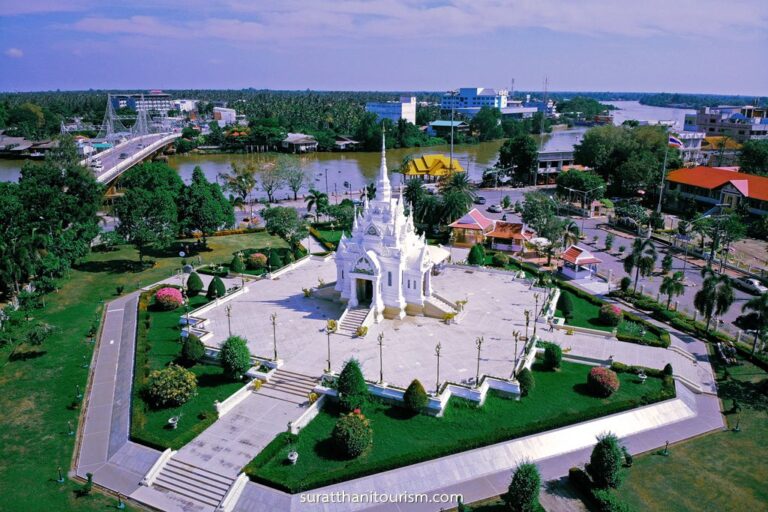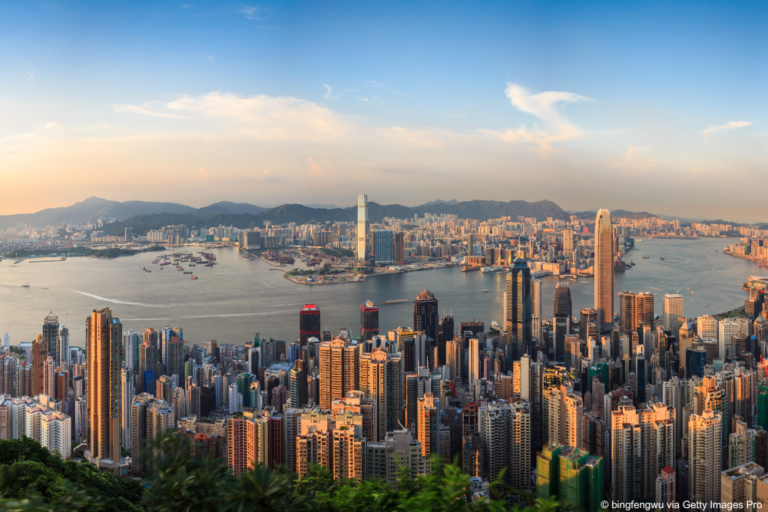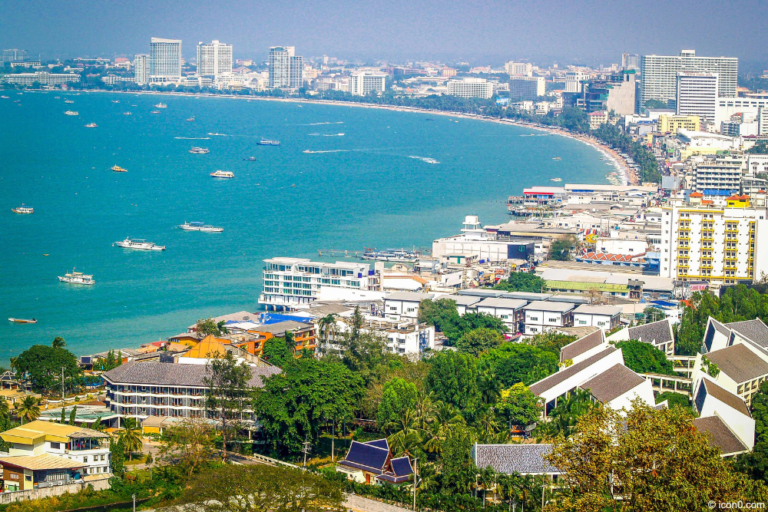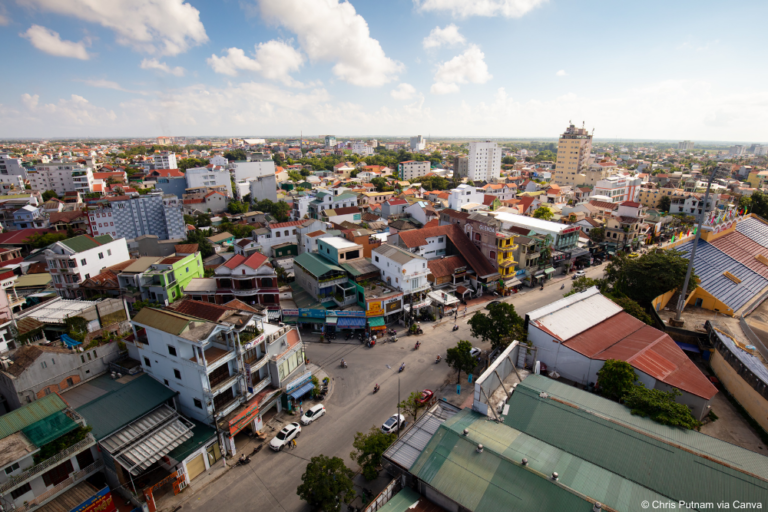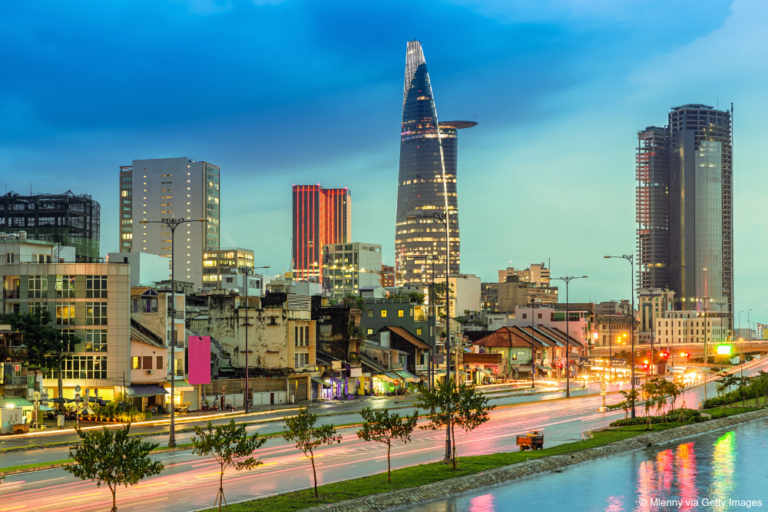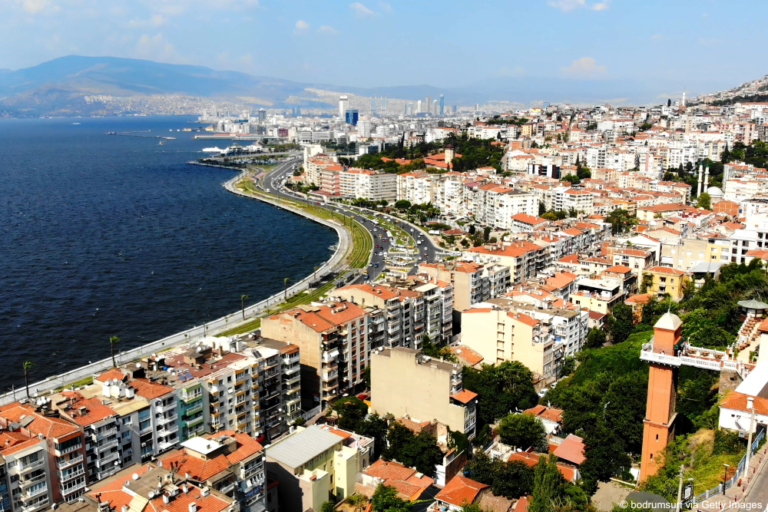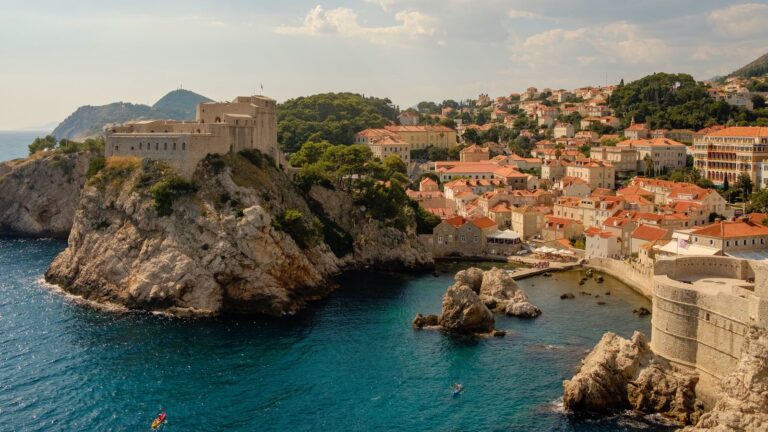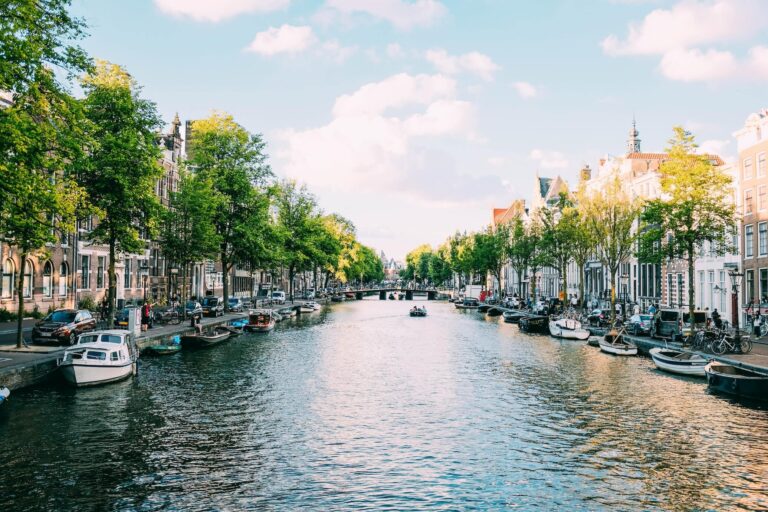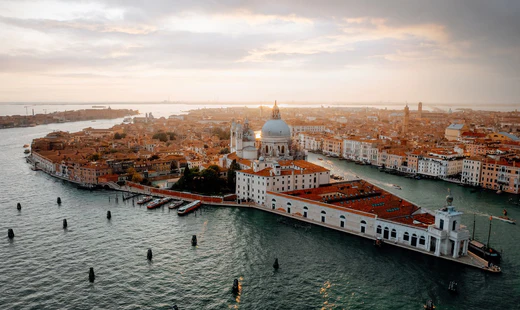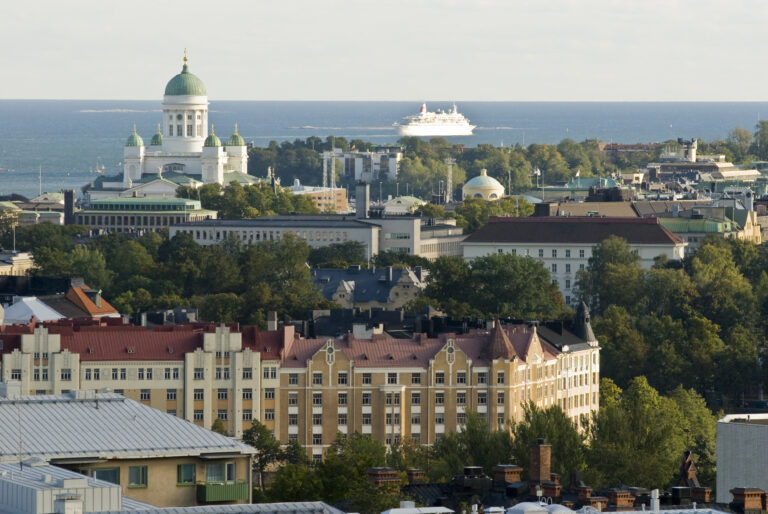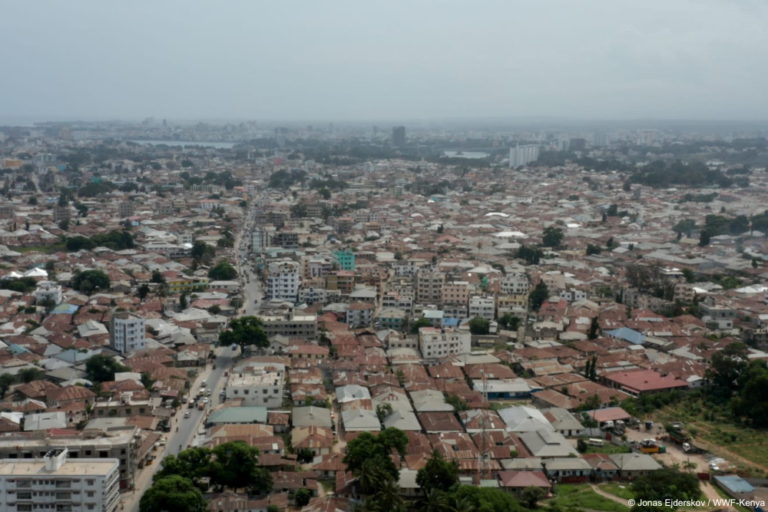The Municipality of Venice is the largest administrative area of the Veneto Region (254,850 inhabitants – 2021) in Italy that extends over approximately 420 km2, of which 212 km2 are lagoon waters.
Venice has some very unique geographical specificities such as a mainland area characterised by extensive residential, commercial and industrial urbanisation, which has approximately 180,000 resident inhabitants (2021). Moreover, it’s an extensive historic centre developed entirely within the lagoon area, which has 57,622 resident inhabitants (2021); and a coastal system (estuarine area) with approximately 19,900 resident inhabitants (2021).
The historic city centre of Venice as well as its estuary are the second most popular Italian touristic destinations after Rome, and they record an extremely high number of arrivals on an annual basis (in 2019 approximately 13 million were recorded). The extensive number of tourists contribute in a decisive way to the socio-economic transformation of the city and has a high impact also in terms of waste production.
Venice is part of the Plastic Smart Cities Initiative since 2021 after the proposal to join, presented by Councillor for the Environment Massimiliano De Martin, was approved through Council resolution n.66 of the 16th of March 2021.
Activities in Venice have been driven by the “Venice and Izmir together against plastic pollution” project funded through the Blue Planet – Virginia Böger Foundation X.X. The main objectives of the project are:
- The adoption of an Action Plan to reduce the use of single-use plastic and improve waste management focusing especially at plastic pollution with the goal of “No Plastic in Nature”.
- The Development of a Pilot innovation project with solutions to achieve a measurable reduction of plastic pollution.
- The engagement with key tourism and commercial businesses to avoid and replace single-use plastic.
- The engagement in communications activities to increase citizens’ engagement to reduce plastic use and adopt effective waste disposal.
The Municipality of Venice “Plastic Smart Cities” Action Plan
The Municipality of Venice’s “Plastic Smart Cities” Action Plan (2022 – 2024) was approved through Management Provision PG/2023/0284061 on the 13th of June 2023 and can be downloaded here (in Italian).
The document outlines the route that the Municipality of Venice intends to follow to prevent, manage and monitor the dispersion of plastic in nature.
The guiding principles underlying the action plan are:
- Integrate circularity in the use of plastic by collaborating with public and private bodies and institutions;
- Stimulate the elimination of problematic or unnecessary plastic packaging or items;
- Support initiatives that aim to increase the collection, sorting, reuse and recycling rates of plastic materials and facilitate the creation of infrastructures and related financing mechanisms;
- Optimize means and processes to reduce dispersion into the environment during collection and transport;
- Support initiatives that aim to stimulate demand for recycled content in all packaging and plastic items used;
- Promote virtuous behaviour from citizens and tourists around recycling and reuse;
- Collaborate with the private sector and local organizations active in the area to achieve the objectives of the initiative;
- Monitor, report and communicate on an annual basis the progress achieved.
The Action Plan includes specific actions that fall within five macro-areas:
Prevention of plastic waste
Activities include tackling the dispersion of tyres used as fenders, as well as single use plastic items, cigarette butts and plastic materials linked to fishing activities; promoting water refill solutions to reduce the amount of water bottles consumed locally; actively engage with tourism and commercial activities to reduce the amount of unnecessary single use plastic used.
Communication
Activities include the dissemination of guidance on reducing unnecessary single use plastic consumption as well as on plastic collection and recycling, promotion of activities included within the PSC action plan; organization of webinars; updating the #EnjoyRespectVenice website with relevant info on how to tackle plastic leakage in the environment.
Events
Activities include the development of guidelines for waste management and the elimination of single-use plastic in all events within the municipality, educational workshops on the topic of plastic pollution aimed at schools, as well as the organisation of information slots within select events with a focus on activities being undertaken to tackle plastic leakage through the Plastic Smart Cities Initiative.
Monitoring the flows and dispersion of plastic in nature
Activities include the definition of specific indicators to monitor the collection and recycling of plastics, and the development of a Venice Clean-Up Protocol to standardise and collect data from the numerous clean-up activities that are undertaken within the municipality.
Waste management, from collection to recycling
Activities include piloting the use of waste bins for the collection of plastic, glass, plastic and cans at the Lido and Historic City Centre of Venice; support and coordinate actions aimed at the cleaning of Venetian canal beds and lagoon areas from plastic waste (with a particular focus on car tyres) such as those undertaken by the gondolier divers; closing with bespoke covers the boats utilised for transporting plastic waste to reduce waste dispersion; setting up a specific collection stream to divert from incineration/energy recovery polystyrene packaging used in the local markets.
The Plan was developed by the Municipality of Venice with the support of WWF, together with the main project partners: Gruppo Veritas spa and Gruppo AVM (ACTV spa and VELA spa).
The specific activities carried out by each partner are summarized below:
- Municipality of Venice: coordination, institutional relations, policy definition and operational support for activities included in the action plan;
- Veritas Group S.p.A.: waste management, data collection and support for action plan activities in terms of planning and implementation;
- AVM S.p.A. Group – VELA S.p.A.: event sustainability management and communication in line with project objectives;
- AVM S.p.A. Group – ACTV S.p.A.: support the promotion of project activities and objectives via its vehicles.
Prevention of plastic waste
Activities include tackling the dispersion of tyres used as fenders, as well as single use plastic items, cigarette butts and plastic materials linked to fishing activities; promoting water refill solutions to reduce the amount of water bottles consumed locally; actively engage with tourism and commercial activities to reduce the amount of unnecessary single use plastic used.
The pilot will act on two fronts:
- prevent dispersion into the environment through the development of a program to encourage the use of alternative solutions to the use of tires as fenders that do not have a negative impact on the environment in the event of accidental loss;
- cleaning of the canal bottoms through the activities of the gondoliers divers approved through council resolutions DGC 330/2019, DGC 100/2021 and DGC 233/2022 aimed at also optimizing the possible synergy with research institutions and other relevant projects with similar scope.
An integral part of the pilot will also be the collection and processing of data on the materials found (quantity and type) essential for monitoring purposes as well as the development of further prevention activities.
On Sunday, 18 February 2024, the gondoliers divers of Venice undertook their 20th canal cleaning session, the first of 2024, in the canals of de la Cazziola, Gafaro, Malcanton, and Rio del Magazen. The cleaning activity, coordinated by the Venice City Council Directorate for Development, City Promotion and Protection of Traditions and Public Green Spaces, with the support of the local waste management company Veritas, was undertaken by volunteers from the Venice Gondoliers Association who, as on previous occasions, together with the Municipality’s technicians, identified the area in which to dive. The session collected approximately 900kg of waste, among which 80 tires.
By signing the memorandum of intent prepared by WWF, the Municipality of Venice has committed to undertaking a series of activities including starting a pilot project within a designated area with the aim of reducing plastic pollution by 30% within two years of implementation.
The pilot project selected, and included within the action plan is aimed at tackling the effects of the extensive dispersion of tires used as boat fenders within the canals of the historic centre of Venice.
The pilot will act on two fronts:
- prevent dispersion into the environment through the development of a program to encourage the use of alternative solutions to the use of tires as fenders that do not have a negative impact on the environment in the event of accidental loss;
- cleaning of the canal bottoms through the activities of the gondoliers divers approved through council resolutions DGC 330/2019, DGC 100/2021 and DGC 233/2022 aimed at also optimizing the possible synergy with research institutions and other relevant projects with similar scope.
An integral part of the pilot will also be the collection and processing of data on the materials found (quantity and type) essential for monitoring purposes as well as the development of further prevention activities.
Explore More Cities
VENICE | ITALY
Venice is part of the WWF Plastic Smart Cities global initiative since 2021. The Municipality of Venice was the first in Italy to join the initiative through the project “Venice and Izmir together against plastic pollution”. This was first implemented through the support of the Blue Planet – Virginia Böger Foundation X.X and approved through Council resolution n.66 of the 16th of March 2021.

CITY: Venice
COUNTRY: Italy
POPULATION: 253,174 (2022)
JOINED: March 2021
DECLARATION OF INTENT: download (IT)
CITY ACTION PLAN: download
OFFICIAL WEBSITE: Link
CONNECT: Facebook | Instagram | X
The Municipality of Venice is the largest administrative area of the Veneto Region (254,850 inhabitants - 2021) in Italy that extends over approximately 420 km2, of which 212 km2 are lagoon waters.
Venice has some very unique geographical specificities such as a mainland area characterised by extensive residential, commercial and industrial urbanisation, which has approximately 180,000 resident inhabitants (2021). Moreover, it's an extensive historic centre developed entirely within the lagoon area, which has 57,622 resident inhabitants (2021); and a coastal system (estuarine area) with approximately 19,900 resident inhabitants (2021).
The historic city centre of Venice as well as its estuary are the second most popular Italian touristic destinations after Rome, and they record an extremely high number of arrivals on an annual basis (in 2019 approximately 13 million were recorded). The extensive number of tourists contribute in a decisive way to the socio-economic transformation of the city and has a high impact also in terms of waste production.
Venice is part of the Plastic Smart Cities Initiative since 2021 after the proposal to join, presented by Councillor for the Environment Massimiliano De Martin, was approved through Council resolution n.66 of the 16th of March 2021
Activities in Venice have been driven by the "Venice and Izmir together against plastic pollution" project funded through the Blue Planet - Virginia Böger Foundation X.X. The main objectives of the project are:
- The adoption of an Action Plan to reduce the use of single-use plastic and improve waste management focusing especially at plastic pollution with the goal of “No Plastic in Nature”.
- The Development of a Pilot innovation project with solutions to achieve a measurable reduction of plastic pollution.
- The engagement with key tourism and commercial businesses to avoid and replace single-use plastic.
- The engagement in communications activities to increase citizens’ engagement to reduce plastic use and adopt effective waste disposal.
The Municipality of Venice “Plastic Smart Cities” Action Plan
The Municipality of Venice’s "Plastic Smart Cities" Action Plan (2022 – 2024) was approved through Management Provision PG/2023/0284061 on the 13th of June 2023 and can be downloaded here (in Italian).
The document outlines the route that the Municipality of Venice intends to follow to prevent, manage and monitor the dispersion of plastic in nature.
The guiding principles underlying the action plan are:
- Integrate circularity in the use of plastic by collaborating with public and private bodies and institutions;
- Stimulate the elimination of problematic or unnecessary plastic packaging or items;
- Support initiatives that aim to increase the collection, sorting, reuse and recycling rates of plastic materials and facilitate the creation of infrastructures and related financing mechanisms;
- Optimize means and processes to reduce dispersion into the environment during collection and transport;
- Support initiatives that aim to stimulate demand for recycled content in all packaging and plastic items used;
- Promote virtuous behaviour from citizens and tourists around recycling and reuse;
- Collaborate with the private sector and local organizations active in the area to achieve the objectives of the initiative;
- Monitor, report and communicate on an annual basis the progress achieved.
The Action Plan includes specific actions that fall within five macro-areas:
Prevention of plastic waste: activities include tackling the dispersion of tyres used as fenders, as well as single use plastic items, cigarette butts and plastic materials linked to fishing activities; promoting water refill solutions to reduce the amount of water bottles consumed locally; actively engage with tourism and commercial activities to reduce the amount of unnecessary single use plastic used.
Waste management, from collection to recycling: activities include piloting the use of waste bins for the collection of plastic, glass, plastic and cans at the Lido and Historic City Centre of Venice; support and coordinate actions aimed at the cleaning of Venetian canal beds and lagoon areas from plastic waste (with a particular focus on car tyres) such as those undertaken by the gondolier divers; closing with bespoke covers the boats utilised for transporting plastic waste to reduce waste dispersion; setting up a specific collection stream to divert from incineration/energy recovery polystyrene packaging used in the local markets.
Monitoring the flows and dispersion of plastic in nature: activities include the definition of specific indicators to monitor the collection and recycling of plastics, and the development of a Venice Clean-Up Protocol to standardise and collect data from the numerous clean-up activities that are undertaken within the municipality.
Events: activities include the development of guidelines for waste management and the elimination of single-use plastic in all events within the municipality, educational workshops on the topic of plastic pollution aimed at schools, as well as the organisation of information slots within select events with a focus on activities being undertaken to tackle plastic leakage through the Plastic Smart Cities Initiative.
Communication: activities include the dissemination of guidance on reducing unnecessary single use plastic consumption as well as on plastic collection and recycling, promotion of activities included within the PSC action plan; organization of webinars; updating the #EnjoyRespectVenice website with relevant info on how to tackle plastic leakage in the environment.
The Plan was developed by the Municipality of Venice with the support of WWF, together with the main project partners: Gruppo Veritas spa and Gruppo AVM (ACTV spa and VELA spa).
The specific activities carried out by each partner are summarized below:
Municipality of Venice: coordination, institutional relations, policy definition and operational support for activities included in the action plan;
Veritas Group S.p.A.: waste management, data collection and support for action plan activities in terms of planning and implementation;
AVM S.p.A. Group - VELA S.p.A.: event sustainability management and communication in line with project objectives;
AVM S.p.A. Group - ACTV S.p.A.: support the promotion of project activities and objectives via its vehicles.
By signing the memorandum of intent prepared by WWF, the Municipality of Venice has committed to undertaking a series of activities including starting a pilot project within a designated area with the aim of reducing plastic pollution by 30% within two years of implementation.
The pilot project selected, and included within the action plan is aimed at tackling the effects of the extensive dispersion of tires used as boat fenders within the canals of the historic centre of Venice.
The pilot will act on two fronts:
- prevent dispersion into the environment through the development of a program to encourage the use of alternative solutions to the use of tires as fenders that do not have a negative impact on the environment in the event of accidental loss;
- cleaning of the canal bottoms through the activities of the gondoliers divers approved through council resolutions DGC 330/2019, DGC 100/2021 and DGC 233/2022 aimed at also optimizing the possible synergy with research institutions and other relevant projects with similar scope.
An integral part of the pilot will also be the collection and processing of data on the materials found (quantity and type) essential for monitoring purposes as well as the development of further prevention activities.

On Sunday, 18 February 2024, the gondoliers divers of Venice undertook their 20th canal cleaning session, the first of 2024, in the canals of de la Cazziola, Gafaro, Malcanton, and Rio del Magazen. The cleaning activity, coordinated by the Venice City Council Directorate for Development, City Promotion and Protection of Traditions and Public Green Spaces, with the support of the local waste management company Veritas, was undertaken by volunteers from the Venice Gondoliers Association who, as on previous occasions, together with the Municipality’s technicians, identified the area in which to dive. The session collected approximately 900kg of waste, among which 80 tires.
Explore other cities in Europe
Geocoding Error Occured.
Tried to Geocode:
Error Type:
Please be sure to follow the tutorial on how to setup the Google APIs required for the Advanced Google Map Widget.
Google Map API Key Tutorial
